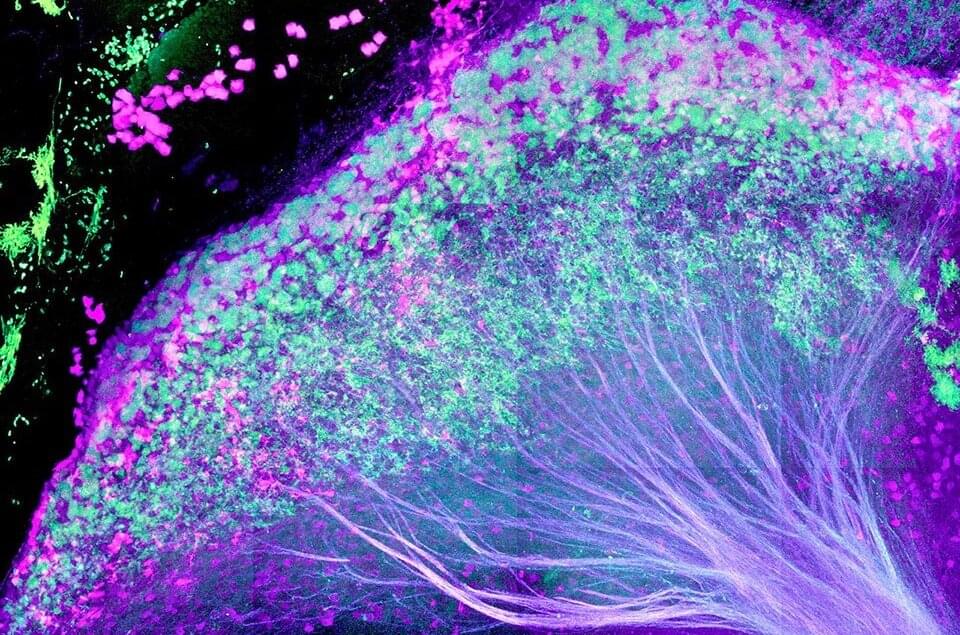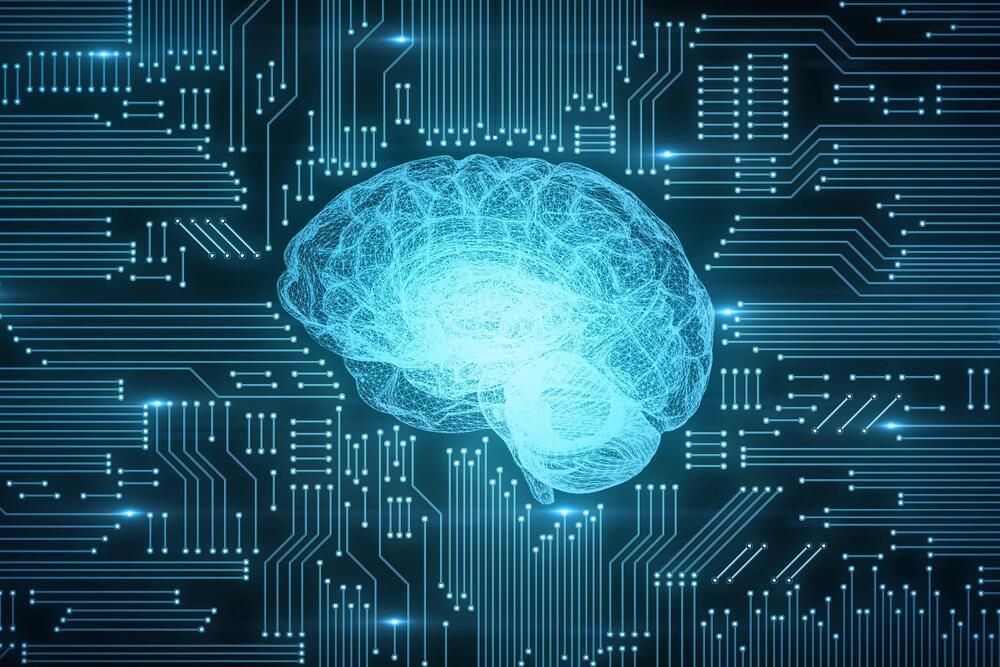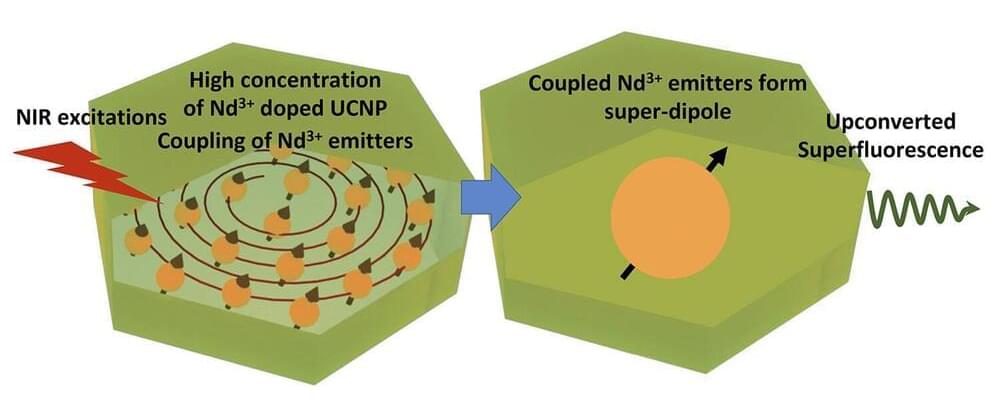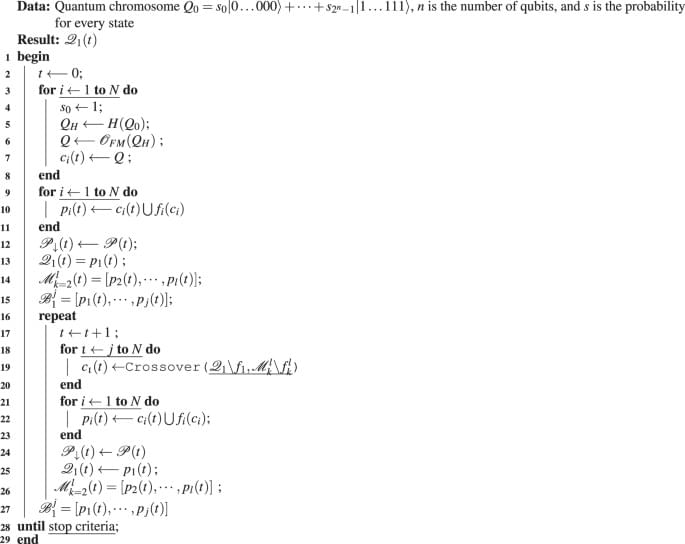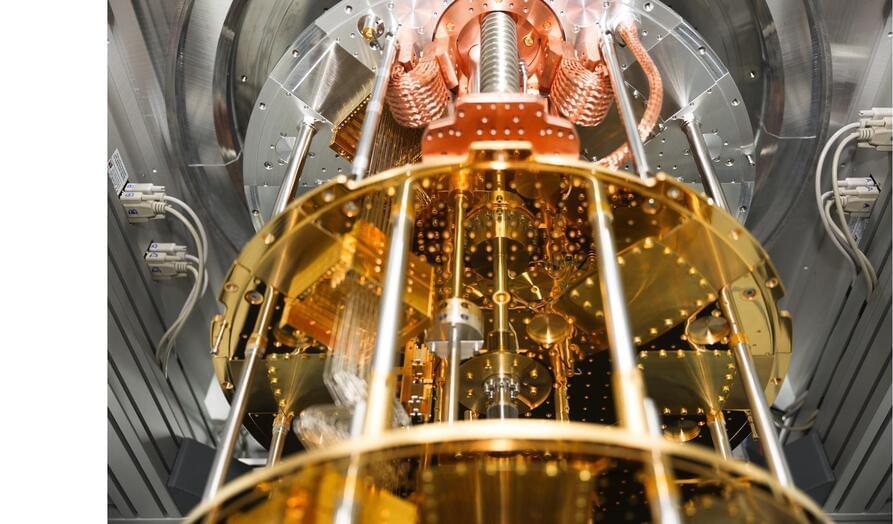Aug 31, 2022
Study finds tiny brain area controls work for rewards
Posted by Saúl Morales Rodriguéz in categories: biological, neuroscience
A tiny but important area in the middle of the brain acts as a switch that determines when an animal is willing to work for a reward and when it stops working, according to a study published Aug. 31 in the journal Current Biology.
“The study changes how we think about this particular brain region,” said senior author Melissa Warden, assistant professor and Miriam M. Salpeter Fellow in the Department of Neurobiology and Behavior, which is shared between the College of Arts and Sciences and the College of Agriculture and Life Sciences.
“It has implications for psychiatric disorders, particularly depression and anxiety,” Warden said.
